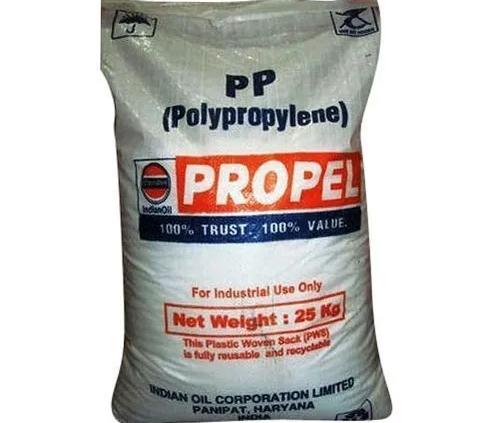Quality Assurance and Performance Testing of BJ368MO Polypropylene Resin
In the highly competitive plastics industry, ensuring consistent quality in polypropylene resin is paramount. BJ368MO is a grade that has been subjected to rigorous quality assurance protocols to meet the demanding requirements of modern manufacturing. With the growing reliance on polypropylene in sectors such as packaging, healthcare, and consumer products, performance testing guarantees that BJ368MO delivers reliability, strength, and safety.
Key Performance Parameters of BJ368MO
The performance of BJ368MO is evaluated through various mechanical, thermal, and chemical tests. Its tensile strength and impact resistance are carefully measured to confirm that the resin can withstand the stresses of injection molding and end-use applications. Thermal stability tests ensure the material retains its properties under temperature fluctuations, making it suitable for food packaging that requires refrigeration or heating. Chemical resistance assessments also confirm the resin’s ability to resist degradation when in contact with various substances.
Quality Control Processes in Manufacturing
Manufacturers of BJ368MO employ strict in-process controls and batch testing to maintain uniformity. Techniques such as melt flow rate analysis and molecular weight distribution measurements help verify that each production lot meets specifications. Additionally, color consistency and purity tests ensure that the final products meet aesthetic and safety standards. These quality control processes reduce production downtime and minimize the risk of defects, helping clients maintain high output and product excellence.
Ensuring Compliance with Industry Standards
BJ368MO complies with multiple international standards for food contact safety, environmental regulations, and material certification. The resin’s compliance with FDA, EU, and other global standards reassures manufacturers and end-users alike. Performance testing also includes recyclability and sustainability assessments, helping companies incorporate BJ368MO into circular economy models. Continuous quality monitoring guarantees that the resin performs consistently across different manufacturing environments.
FAQs
What testing methods are used for BJ368MO?
Mechanical testing includes tensile strength, impact resistance, and elongation at break. Thermal and chemical stability tests are also standard procedures.
How does quality assurance impact product consistency?
Quality assurance ensures that each batch of BJ368MO meets strict performance criteria, resulting in consistent molding and finished product quality.
Is BJ368MO certified for food contact applications?
Yes, it meets FDA and EU regulations for direct food contact, making it safe for packaging consumables.
Are there sustainability tests involved?
Yes, manufacturers assess recyclability and support certifications related to bio-based and recycled material content.
How does BJ368MO perform in harsh environments?
Due to its tested chemical and thermal resistance, BJ368MO performs reliably in various challenging environments including refrigerated and heated applications.
Conclusion
BJ368MO stands out as a polypropylene resin that combines advanced material properties with stringent quality assurance and performance testing. Its adherence to international standards and consistent batch quality make it a dependable choice for manufacturers seeking both innovation and reliability. As market demands grow more complex, BJ368MO continues to support high-quality, safe, and sustainable plastic production.


Leave a Reply
Want to join the discussion?Feel free to contribute!